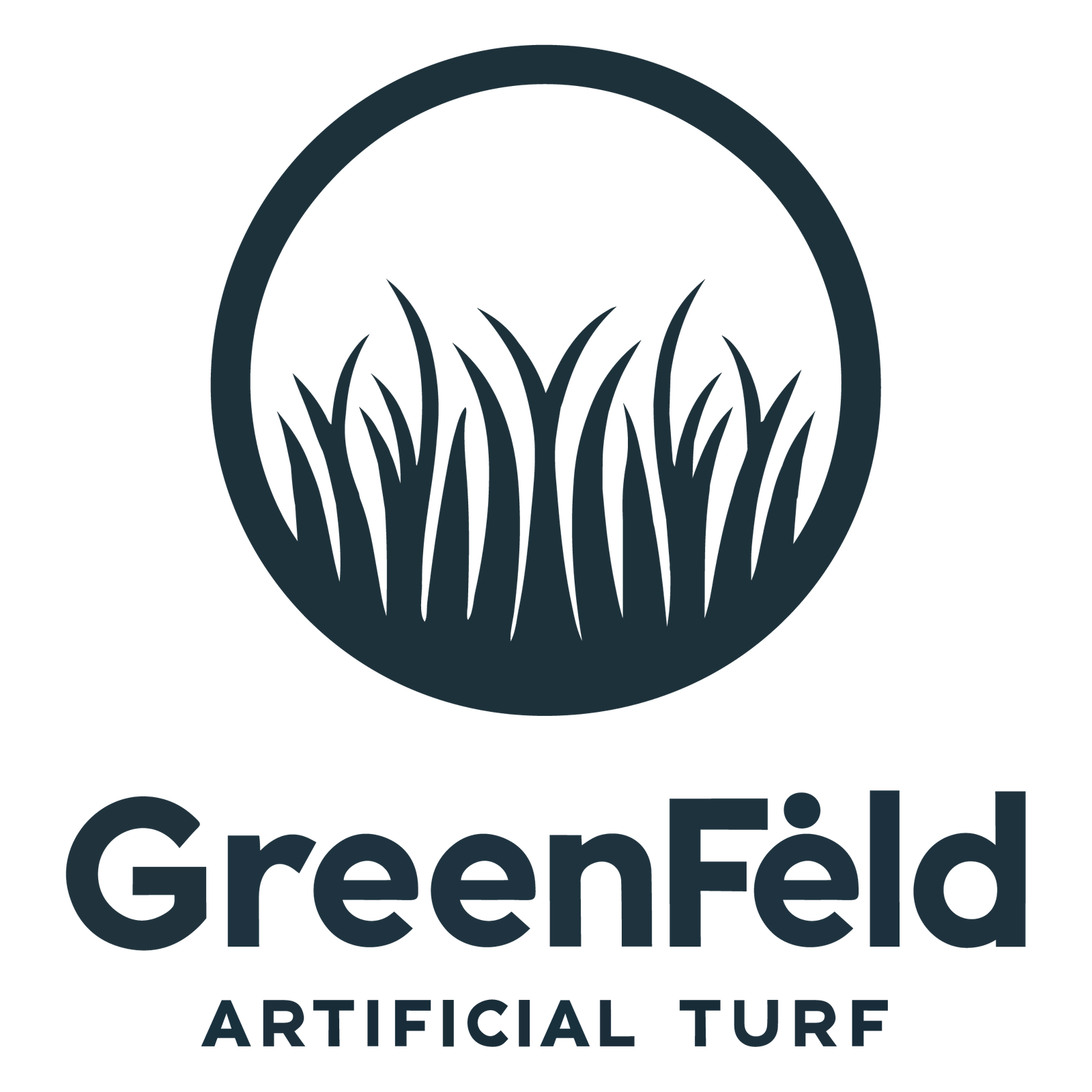Playing soccer on natural grass is beautiful, but what happens when grass can't thrive, causing poor game quality and player injuries?
Professional soccer is indeed played on artificial turf, especially in stadiums where climate conditions or intensive use make natural grass difficult to maintain, providing reliable performance year-round.
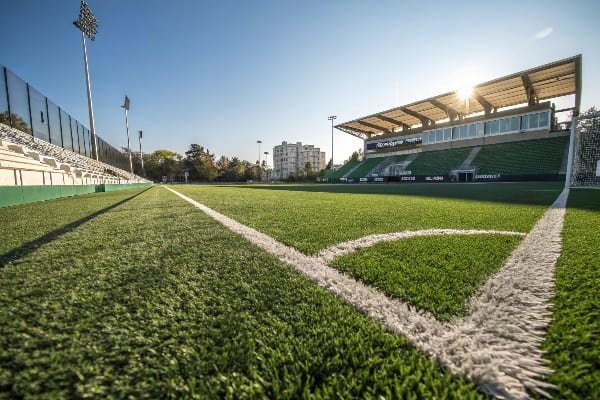
Artificial turf soccer field
Artificial turf has evolved greatly, becoming an essential option for professional teams. Let’s examine if professional leagues and top players actually embrace artificial grass.
Is soccer ever played on artificial turf?
Imagine having soccer games canceled constantly due to rain, cold, or poor grass conditions—this inconvenience happens more often than you'd think.
Yes, soccer is frequently played on artificial turf. Many professional teams and leagues worldwide use artificial surfaces because they are durable, cost-effective, and easier to maintain than natural grass.
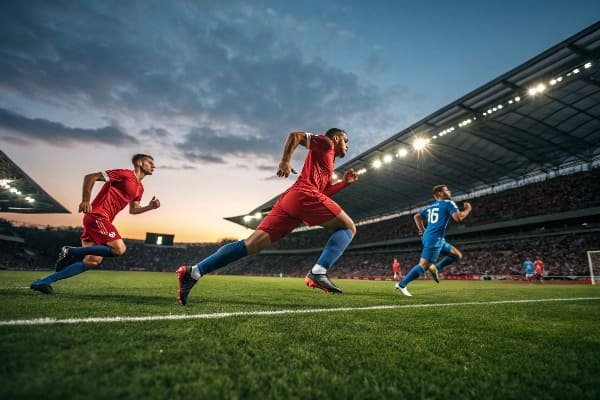
Soccer artificial turf
Why Do Teams Choose Artificial Turf?
Professional teams choose artificial turf mainly due to practical reasons. Artificial turf offers stable performance in all weather conditions, eliminating rain cancellations and ensuring that games are played as scheduled. Teams located in harsh climates or those with limited maintenance budgets find artificial grass especially useful. For instance, clubs in northern Europe and parts of North America often opt for artificial surfaces to combat weather extremes and high maintenance costs.
Comparing Natural Grass and Artificial Turf
Here's a simplified comparison highlighting the advantages and disadvantages of artificial turf compared to natural grass:
| Factors | Artificial Turf | Natural Grass |
|---|---|---|
| Maintenance Costs | Lower | Higher |
| Durability | High | Medium |
| Weather Resistance | Excellent | Poor |
| Player Injuries | Slightly Higher Risk | Lower Risk |
| Game Speed | Faster | Moderate |
Artificial turf allows for a faster game, benefiting teams that emphasize speed and precision passing. However, some players and clubs worry about injury risks, as turf can be harder on joints. Nonetheless, many advances in turf technology continue to narrow this gap.
Does FIFA play on turf?
You might assume FIFA, the international governing body of soccer, always chooses pristine natural grass fields for its competitions, but is that really true?
FIFA allows the use of artificial turf in official competitions, including World Cup qualifiers and youth tournaments, provided the turf meets specific quality standards defined by FIFA Quality Program guidelines.
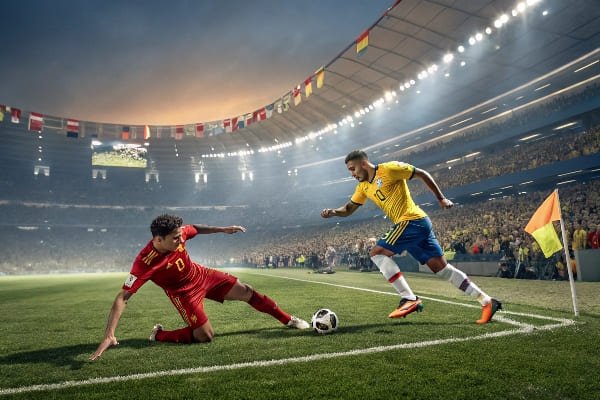
FIFA artificial turf
FIFA’s Standards for Artificial Turf
FIFA developed detailed standards known as the FIFA Quality Program for Football Turf. This program assesses turf based on several key parameters, such as:
- Ball bounce consistency
- Surface softness and shock absorption
- Durability and wear resistance
- Traction and player safety
Only artificial turf meeting these rigorous standards can host FIFA-sanctioned matches. This ensures uniform gameplay and safety for athletes at the highest level.
Examples of FIFA-Sanctioned Matches on Turf
Notable FIFA competitions on artificial surfaces include the FIFA U-20 Women's World Cup and the 2015 Women's World Cup hosted by Canada. This event drew attention and debate because some prominent players expressed concerns about playing on turf, citing injury risks. Yet, despite controversies, FIFA maintains a stance that artificial surfaces can provide viable, high-quality playing conditions, provided strict criteria are met.
Does Lionel Messi play on artificial turf?
Imagine having one of the greatest soccer players ever refuse to play on certain fields—does Lionel Messi avoid artificial turf?
Lionel Messi has played on artificial turf occasionally, especially during international friendlies and certain competitive matches when required by scheduling or venue constraints. However, he generally prefers natural grass surfaces.
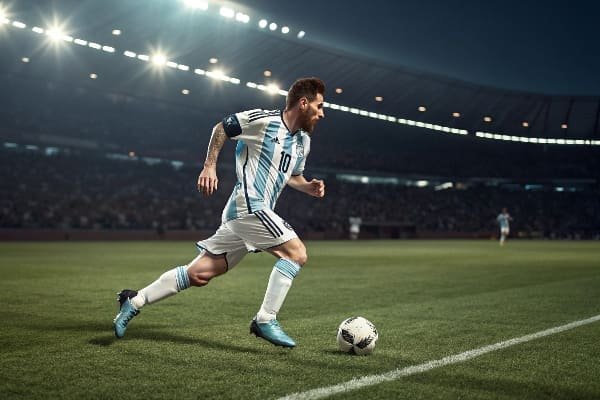
Messi playing soccer on turf
Why Messi Prefers Natural Grass?
Lionel Messi, like many elite players, prefers natural grass fields because of their perceived safety, comfort, and consistency in ball handling. Grass surfaces tend to be softer, reducing stress on joints, and allowing for more controlled ball movement. Messi’s technical style, characterized by quick footwork, sudden direction changes, and precise ball control, often benefits from the consistency and cushioning of natural grass.
Instances of Messi Playing on Turf
Despite his preference, Messi has played on artificial turf when necessary. For example, during Champions League away matches against teams in Eastern Europe and Scandinavia—where artificial fields are common—Messi has adapted and performed well. Even in Major League Soccer (MLS), several stadiums feature artificial turf, requiring Messi and other top players to adjust their playing style slightly to accommodate the faster pace and harder surface.
Overall, Messi's adaptability to artificial turf highlights the growing acceptance of synthetic surfaces at the professional level.
Conclusion
Professional soccer, including FIFA events and star players like Messi, often uses artificial turf due to its practical benefits, despite some ongoing debates about safety and performance.
